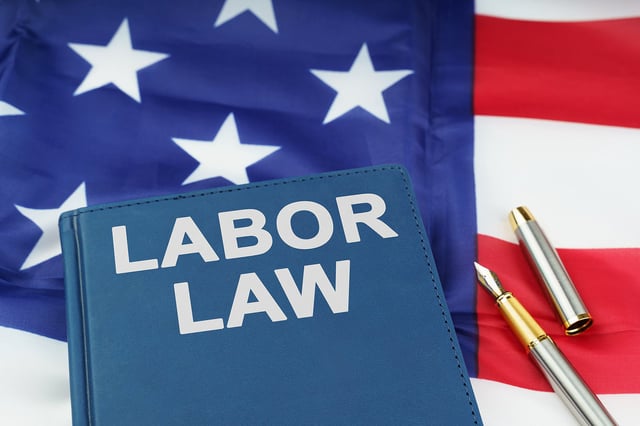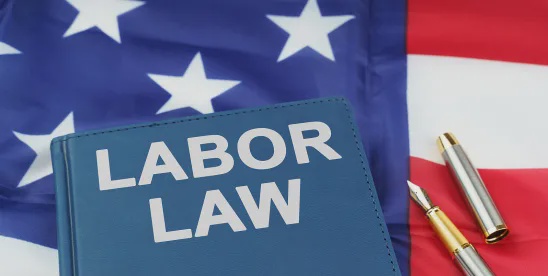Overview
- The court held that an employer can be liable for harassment by a non-employee only if the employer intended the harassment to occur.
- The ruling rejects the EEOC’s negligence framework that imposes liability when an employer knew or should have known of third-party harassment and failed to act.
- The decision departs from the First, Second, Eighth, Ninth, Tenth, and Eleventh Circuits, creating a clear split on the standard for non-employee harassment claims.
- The panel relied on traditional agency principles to conclude a customer is not an employer’s agent, foreclosing vicarious liability for the customer’s actions.
- The court affirmed summary judgment for Zep, finding no evidence the company desired or was substantially certain that the alleged customer harassment would occur.


